Electric vehicles may be touted as the future, as the world slowly moves to restrict automotive emissions while adopting more environmentally friendly consumption habits, but significant hurdles remain. These include market adoption, which is growing but remains low, and charging logistics that require expensive, cumbersome battery packs.
Israeli startup ElectReon Wireless has been developing a unique solution to actually charge vehicles while in full motion over smart roads, and its pilot programs are yielding encouraging results. Instead of carrying heavy batteries with a limited driving range and a short lifespan, electric vehicles would receive continuous power while being driven on these smart roads.
“We all know that electric mobility is the best way to solve CO2 emissions and pollution for mobility, but today, it’s constrained by batteries,” Noam Ilan, VP of Business Development at ElectReon, tells NoCamels. “The development process of batteries is very energy-consuming, so we believe that electric vehicles with minimal batteries [are] the most sustainable environmental solution and also the most cost-effective one, especially when talking about commercial or heavy-duty vehicles.”
According to Ilan, ElectReon’s smart roads are created by placing coils about eight centimeters under the asphalt, which are connected to a management unit that manages the coils. The copper coils transmit wireless energy to receivers under the vehicle, the number of receivers determined by the size and energy consumption of a specific vehicle. This system allows for extended driving ranges as well as smaller capacity batteries, allowing for more passengers and greater efficiency.

“It will provide up to at least 40 percent charging time for each bus, for each route, and then we can decrease the size of the battery from about 400 kilowatt-hours, which is required for 200-kilometer daily travel of the bus, to about 40 kilowatts,” Ilan explains.
Sweden Pilot Proves Successful
In the past year, ElectReon has focused its efforts on a test facility in Sweden, where it successfully charged a fully electric 40-ton truck and trailer wirelessly. The test was conducted on an electric road between the airport and the town of Visby on Gotland island. Five receivers were installed in the trailer of the truck, and the successful test took place in winter conditions at around 0 degrees Celsius. Each receiver transmitted about 20 kilowatts with an efficiency of about 90 percent.
The initiative, called Smartroad Gotland, is supported and funded by the Swedish Road Administration and is led by ElectReon AB, a Swedish subsidiary of ElectReon Wireless. Through the Sweden tests, the company has been trying to show that its product is ready for commercialization in other parts of the world.
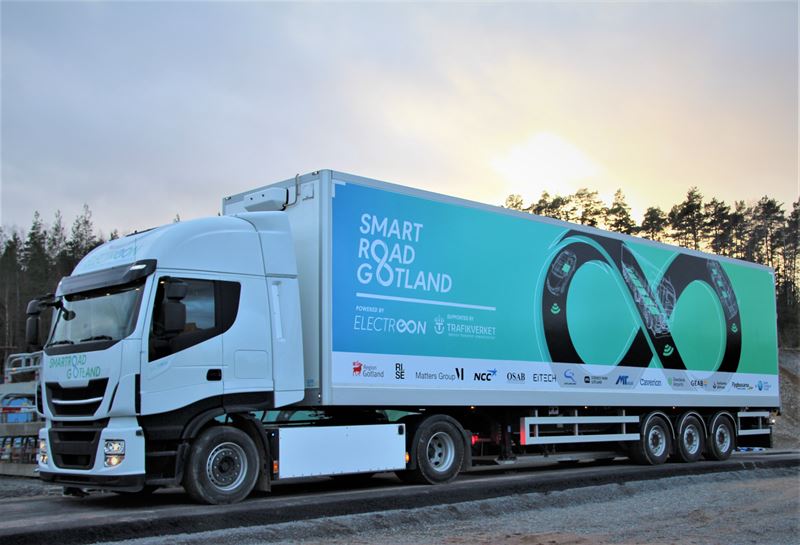
“We got a lot of exposure all around the world because it was the first time that we proved the ability to charge a long-haul truck while driving, and this is actually after the infrastructure was under the asphalt the whole winter, which was one of the requirements of the Swedish government,” Ilan tells NoCamels.
“This was a very important stage because the next phase in Sweden is a larger, semi-commercial pilot about 30 kilometers,” he adds. “In order to be allowed to compete on this pilot, we had to prove that the infrastructure can withstand the winter and that we charged the truck, so for us, it was a very important milestone.”
In the coming months, ElectReon will attempt to increase the truck’s speed to reach the goal of 125 kilowatts and typical highway speed. In addition to the 1.6 km electric road used for testing, additional electric roads will be added to the site in the coming months with talks of a 25-30 km deployment to charge heavy-duty trucks.
Additionally, ElectReon is in the final stages of production on an electric bus that will be sent to Sweden and will take passengers from the airport to Visby.
Sign up for our free weekly newsletter
SubscribeTel Aviv trial underway
In collaboration with Tel Aviv’s municipality and the Dan Bus Company, ElectReon is conducting a pilot that includes the deployment of one kilometer of electrified road. Similarly to the Gotland pilot, the company is testing a shuttle from Tel Aviv University to the train station.
Ilan says that by the beginning of autumn, ElectReon will deploy about 600 meters of road as well as install a static charger in the bus terminal.
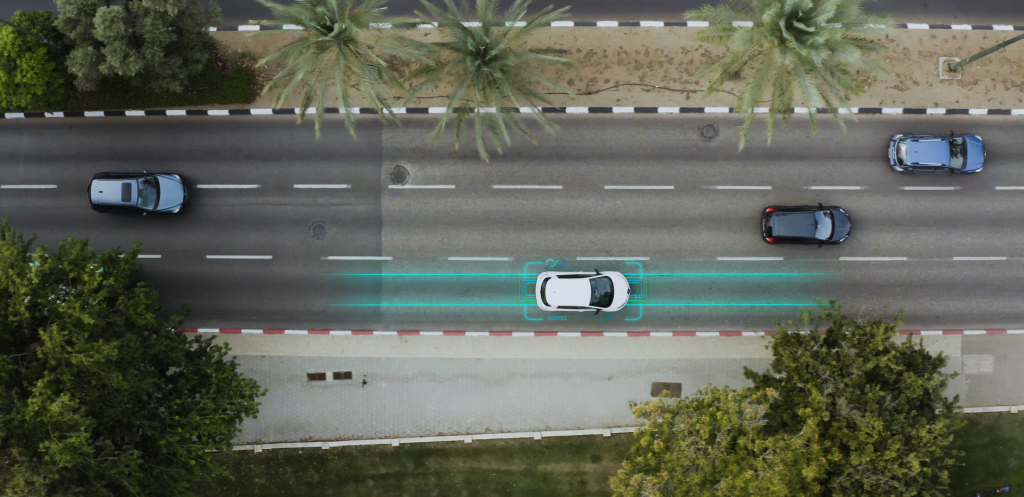
“With the demo project, we want to prove the efficiency and the performance of the technology and that we can really give a full solution for buses without any other type of charging,” Ilan says. “And this should lead to the next stage that was announced also by the Ministry of Energy, which is going to be about a 10 kilometers commercial project inside Tel Aviv whose first stage will be used to charge buses.”
Preparing for a gas-free world
Last month, ElectReon raised $50 million in an equity offering to investors. Ilan said that this money will be used to further commercialize the business and enter into new markets in the United States and Latin America, and expand the range of vehicles beyond buses and heavy-duty trucks to shuttles, taxis, light trucks, vans, and autonomous vehicles.
“This will help us set up [a] local presence in different markets and will help us in some cases if we need to participate in funding of commercial projects,” Ilan tells NoCamels. “We can also we will need to know I would say enlarge our team, both technical and business people.”
In December 2019, ElectReon also signed a memorandum of understanding with German energy company EnBW Energie Baden-Württemberg AG (EnBW) to demonstrate its technology to German decision-makers.
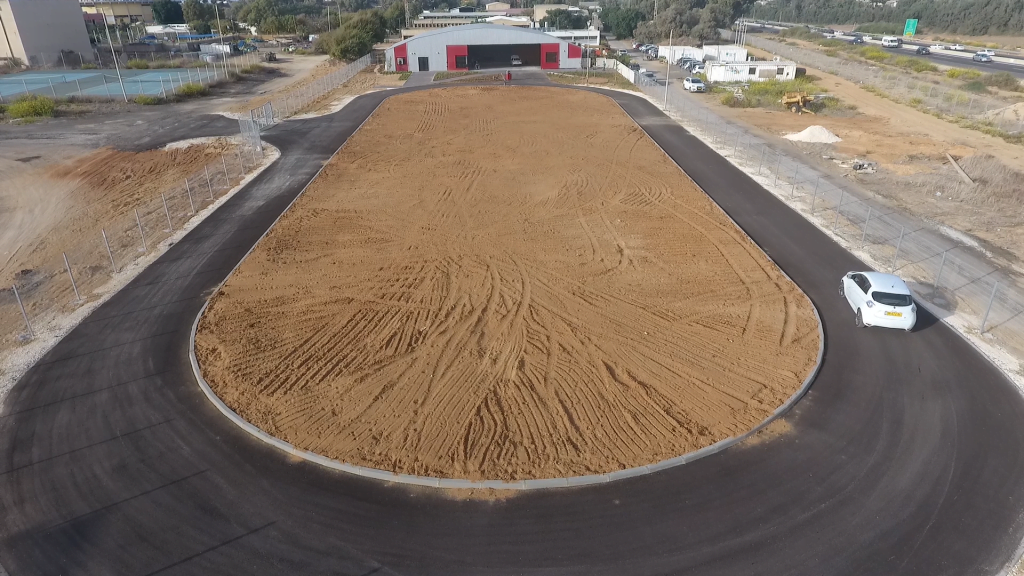
Going forward, Ilan says he envisions many countries implementing a ban on gas-powered vehicles and feels that ElectReon’s technology could lead other countries to put more emphasis on electric-powered transportation. Israel has said its aim to have zero new gasoline-powered and diesel vehicles by 2030. Countries like China and India have also announced a tentative plan to move away from gas-powered vehicles in the next decade.
There’s also the advent of autonomous transportation and the possibilities it brings for a completely transformed mobility industry.
Ilan says that in about a decade, “autonomous transportation will be more common, and it’s a very natural combination between our solution and autonomous [vehicles] because they can drive 24/7 with very small battery without a driver that will conduct your charging.”
“I think 10 years from now, you will see autonomous fleets that are using our charging infrastructure and it will be more as a service for the fleet operators who will not have to invest in their own infrastructure,” he says.
Related posts

Editors’ & Readers’ Choice: 10 Favorite NoCamels Articles

Forward Facing: What Does The Future Hold For Israeli High-Tech?

Impact Innovation: Israeli Startups That Could Shape Our Future


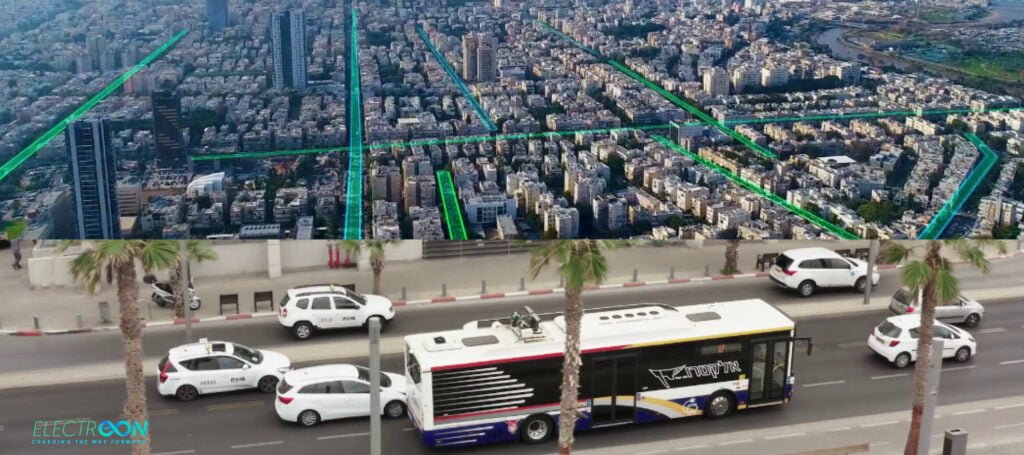
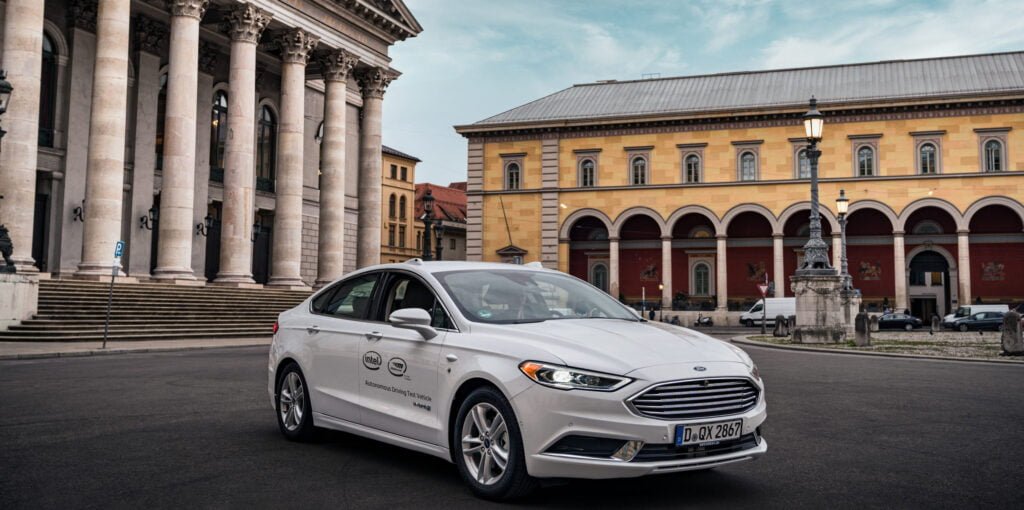

Facebook comments